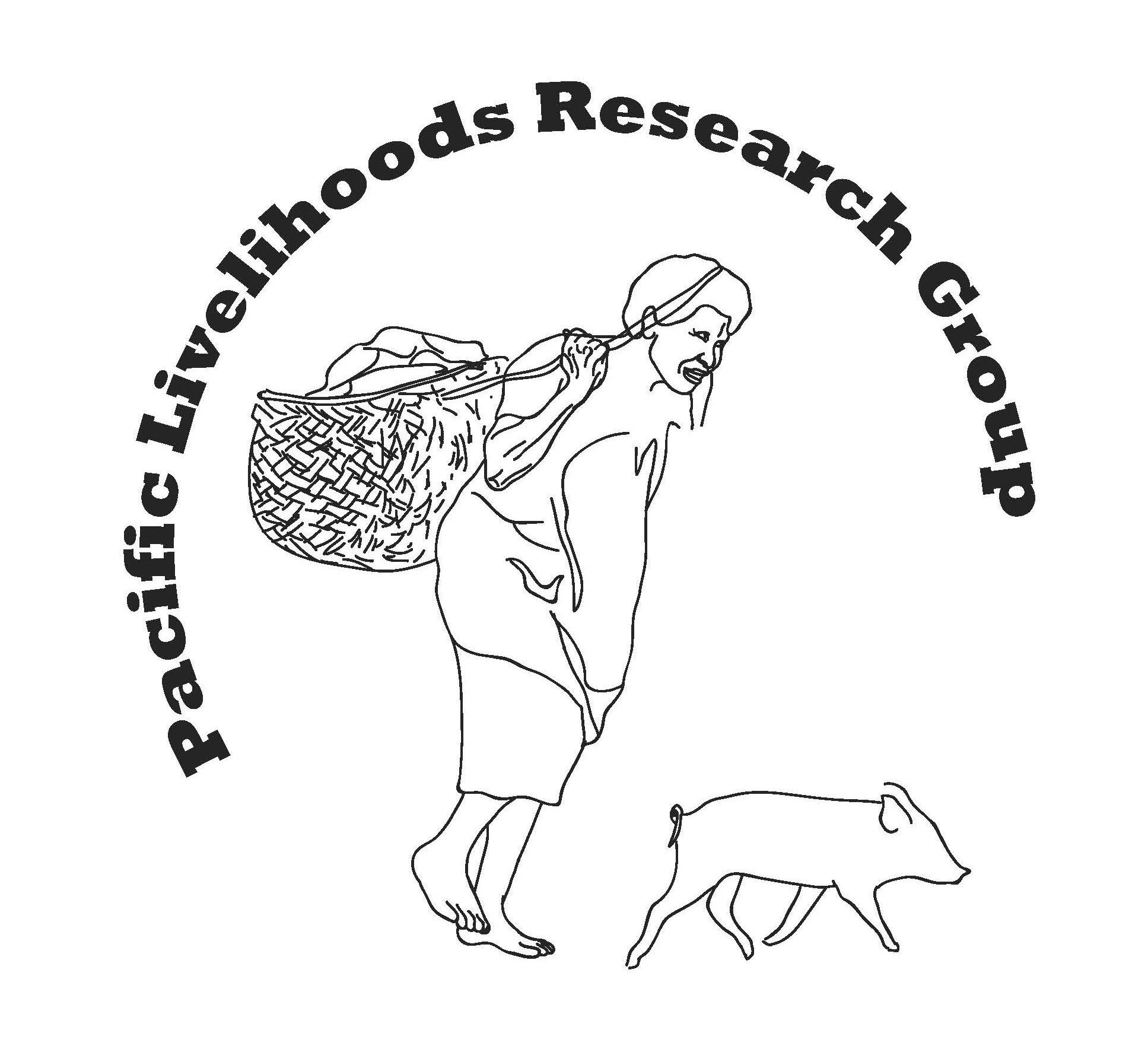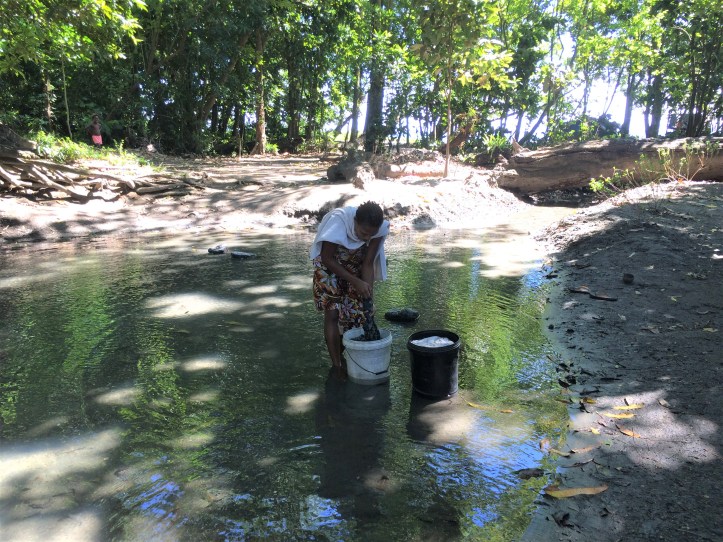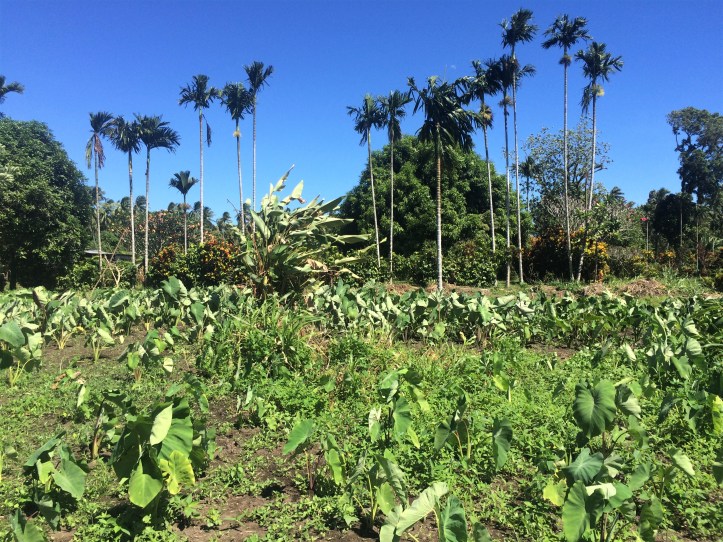Rising rice consumption amongst oil palm smallholders in West New Britain, Papua New Guinea
By Madeleine Stephens (Honours Student)
The high level of rice consumption in West New Britain Province (WNBP), Papua New Guinea is more than just a change in preferences; it signifies how changes in land, money, labour and an evolving culture influence food security.
My honours study builds upon existing research (an ACIAR project) that suggests oil palm smallholders in WNBP consume more rice than their counterparts in other regions. I travelled to Hoskins in WNBP in June 2019 to ask people the seemingly simple question, “why do you eat rice?”
Research was financially supported by the Australian Government’s New Colombo Plan and conducted with the kind assistance of the Oil Palm Research Association and my colleague Dickson Urabe. The research method was as follows;
- 32 interviews with smallholders
- 3 interviews with key informants
- Qualitative and quantitative data was collected.
Preliminary findings suggest most smallholders ate rice because of its convenience, with half of respondents citing they ate rice because it was “easy to cook”.
The people responsible for the cooking in the household were interviewed (who happened to be women) and all 30 respondents reported they had more time to do other work when they cooked rice instead of traditional garden foods. Women have large workloads in rural PNG and tend to be responsible for the gardening, cooking, cleaning, looking after the children and selling foods at the market. The data suggests that choosing to cook rice allows women more time to do household work.
A village oil palm smallholder from Valoka highlighted how cooking rice instead of garden foods meant she had more time to do other work.
“You put it [rice] in the saucepan and onto the fire,” she said. “It is up to the fire to do everything until the rice is cooked and then I can go do other work. I can sweep the house, wash the plates, have a bath and then come back.”
Another popular reason as to why people ate rice was that their children liked to eat it.
All interviewees said their children preferred rice or eating rice and garden foods together, begging the question: will subsistence foods play a significant role in diets in the future?
When asked whether the older people in their household preferred rice or garden foods, a majority said garden foods. Those who did list rice said it was because the older people in their family liked to eat rice because it was soft and easy to chew.
“Older people have broken teeth so they eat rice,” a smallholder from Kapore told us.

A shortage of garden land was found to be a significant issue in the land settlement scheme (LSS) blocks in Kapore and Kavui as populations on the blocks have significantly increased since the scheme began in the late 1960s.
The scheme involved inviting people from densely populated areas across the country to move to Hoskins. These people were given blocks to be planted with oil palm with smaller areas available for growing garden foods.
As time has gone on, the blocks have become more populated as family size grows with each generation and the available land stays the same.
All but three of the households interviewed on the LSS blocks reported they did not have enough land to grow garden foods. This has contributed to financial hardship for many households, as discussed by one Kapore smallholder.
“All the money is spent on food, so we don’t have enough to pay for school fees and also not enough money to pay for transport for the children to go to school,” they said.
“That’s why we have no money… Also we have no land to make gardens so all the money is spent on rice.”
A third of smallholders said they ate more rice on “oil palm fortnights” when they received their pay. Over three quarters of people also reported eating more rice when there was a customary event in their village.
Rice seemed to have grown to occupy an important role in customary activities with nearly everyone stating rice wasn’t important in the past but it was important now.
“If people die or if it’s kastom time, each man can come with ten or five or six bales of rice and he will gain more respect,” reported a village oil palm smallholder from Kavui. “People will see him as someone important.”
Complete findings from the study are available here.
Photo Credit: Madeleine Stephens





